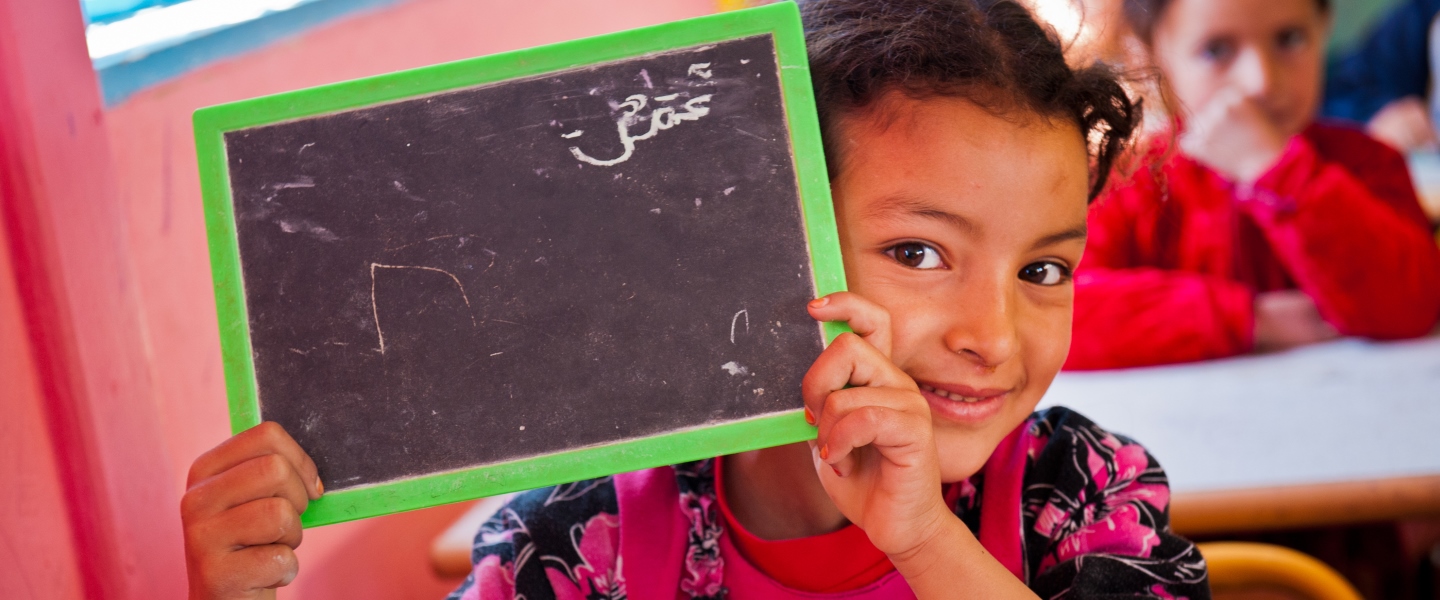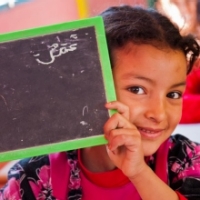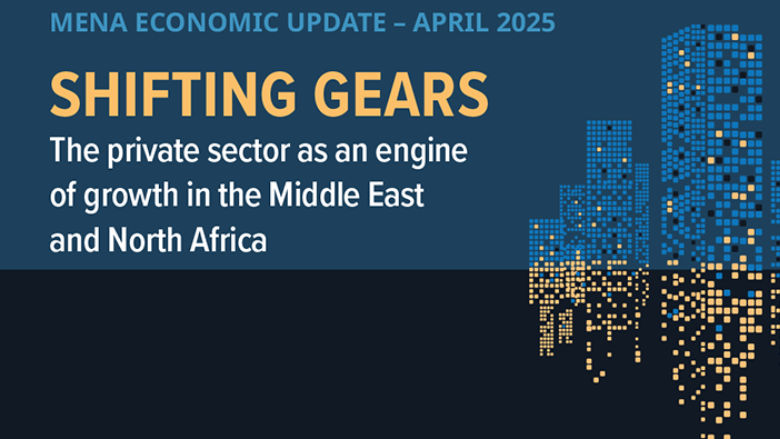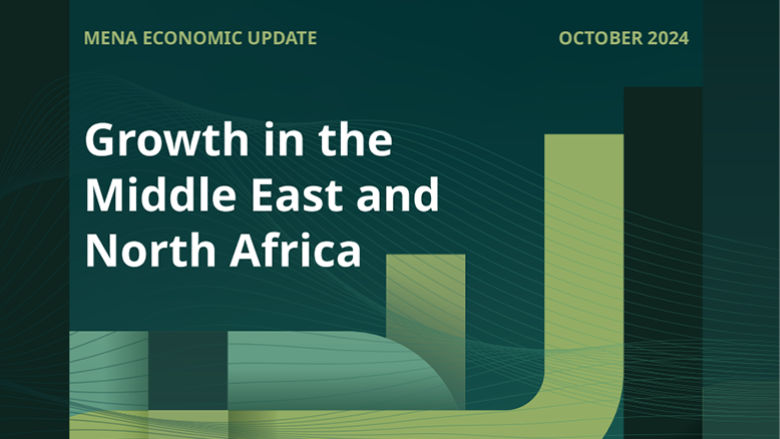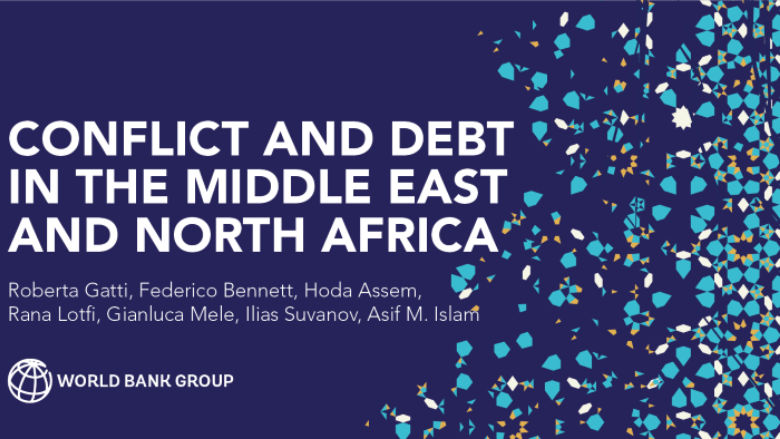Despite a confluence of severe shocks (the COVID-19 pandemic, a prolonged drought, a high commodity prices-led inflationary surge, and a devastating earthquake), Morocco has demonstrated remarkable economic resilience thanks to a robust macroeconomic policy framework and proactive government response. The Moroccan authorities have also advanced key reforms for long-term development, such as expanding health insurance coverage, deploying a wide-ranging cash transfer program, and implementing education reform to improve learning outcomes. On the fiscal and economic front, the government is advancing a tax reform program, reducing butane gas subsidies, and implementing SOE reform. On climate adaptation and mitigation, Morocco is investing in infrastructure to address water scarcity and is committing to ambitious decarbonization targets. Additionally, the government recently pledged to prioritize job creation in the years to come as the labor market remains weak.
Real GDP growth decelerated to 3.2 percent in 2024 from 3.4 percent in 2023 due to a 4.6 percent contraction in the agricultural sector amid the sixth consecutive year of drought. Conversely, non-agricultural growth accelerated to 3.9 percent, driven by a revitalized industrial sector, particularly in phosphates and construction, which helped offset the slowdown in services. Domestic demand is staging a strong recovery from the inflationary shock, with investment rising by 9.1 percent—supported by public infrastructure programs and robust FDI—while private consumption grew by 3.2 percent. The swift decline in inflation observed throughout 2024 has allowed Bank al-Maghrib to cut the policy rate by 50 basis points to 2.5 percent.
Morocco’s external position remains strong. Despite fast-growing imports resulting from the recovery of domestic demand, solid manufacturing exports, tourism inflows, and remittances kept the current account deficit at close to 1.2 percent of GDP in 2024, largely financed with FDI. International reserves cover five months of imports, and Morocco retains good access to international financial markets and multilateral credit.
Strong revenue performance, driven by ongoing tax reforms, effective anti-fraud measures, a tax amnesty, and expanded sales-and-lease-back operations (2.3 percent of GDP in 2024), offset the increased government expenditures resulting from a cost-of-living salary adjustment for civil servants and ongoing reforms and investments. Consequently, the budget deficit gradually returns to pre-pandemic levels, closing 2024 at 4.1 percent of GDP (down from 4.5 percent in 2023). The debt-to-GDP ratio has stabilized at around 70 percent of GDP.
Last Updated: Apr 25, 2025
